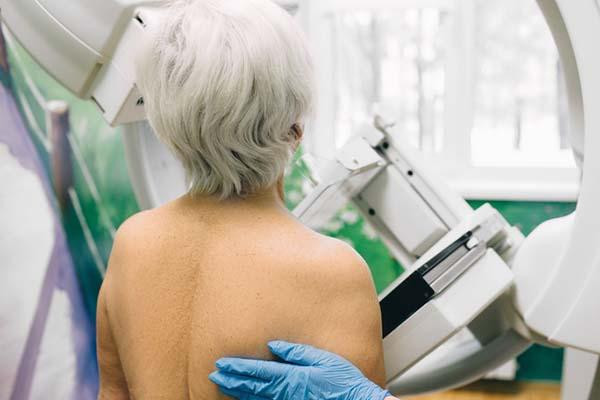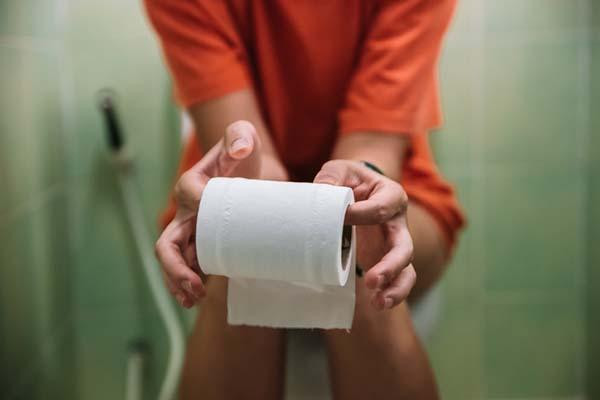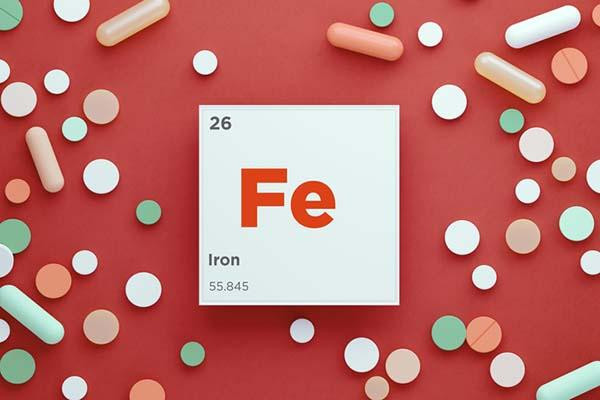
What are somatic workouts?

How to curb your stress eating

How to spot Parkinson’s disease symptoms

8 simple ways to reduce ultra-processed foods in your diet

Heart failure symptoms in women: How they’re different

GERD diet: Foods to avoid to reduce acid reflux

Strong is the new skinny

Everyday habits that sneakily weaken your bones

Don’t wait to get help for back pain

Correcting how you walk may ease osteoarthritis knee pain
Women's Health Archive
Articles
Pelvic floor exercises: Help for incontinence, sexual health, and more
Pelvic floor exercises can involve strengthening or stretching the muscles that support the bladder, bowel, and core. The exercises can lead to better bladder and bowel control. They can also help improve sexual function.
When can older women stop getting mammograms?
Mammogram screening guidelines for women 74 and older vary considerably. Randomized, controlled clinical trials have not examined the implications of screening mammograms in women 70 and older, and treating tumors unlikely to reduce life expectancy can harm women.
Antibiotic-free fixes for recurrent UTIs
About 60% of women will develop a urinary tract infection (UTI) sometime during their lives, and more than a quarter of this group will cope with recurrent UTIs. Long-term antibiotic use for UTIs can lead to antibiotic resistance and make side effects more likely.
Musculoskeletal syndrome of menopause: When menopause makes you ache all over
Musculoskeletal syndrome of menopause is a newly recognized condition that links falling estrogen levels to widespread joint and muscle pain, stiffness, fatigue, and other symptoms. Estrogen loss at midlife can also reduce muscle mass and bone density.
Women face barriers to cardiac rehab despite proven benefits
A 2025 scientific statement from the American Heart Association indicated that women with cardiovascular disease are far less likely than men with the condition to take part in cardiac rehabilitation programs, despite the proven benefits.
The head-scratching dilemma of itchy nipples and breasts
Itchiness of the breasts or nipples isn’t common, but can signal conditions both harmless and serious. Minor reasons for itchiness across the bra area include eczema, psoriasis, exposure to soaps or detergents, trapped moisture, and pregnancy and breastfeeding. More serious causes include infections, breast surgery, radiation treatment, and certain rare forms of breast cancer. Any skin changes on the breast that don’t improve over weeks should be evaluated by a doctor.
A modest level of physical activity may help protect women from health risks
According to a 2025 study, women who walked at least 4,000 steps per day once or twice a week had a lower risk of cardiovascular disease and early death compared with women who did not reach this threshold.
Should women over 60 take iron supplements? What you need to know
Women over 60 need less iron than they did before menopause, when they lost iron through menstruation. Many conditions can lead to iron loss and iron-deficiency anemia, when the body can’t make enough red blood cells to properly carry oxygen throughout the body. Signs of iron deficiency include pale skin, fatigue, shortness of breath, weight loss, and chest pain. Tests can reveal iron deficiency and underlying reasons for iron loss. People should not take iron supplements without checking with their doctor. Too much iron can damage organs.
Is your medication killing your sex drive?
Low libido can include both less desire for and less satisfaction with sex. A variety of medications can dampen sex drive by altering hormone levels or nerve signals, dulling sensation in the genitals, or triggering fatigue or mood changes. They include some antidepressants, cardiovascular drugs, antihistamines, antiseizure drugs, opioids, chemotherapy, hormone blockers, oral contraceptives, and fertility drugs. People whose medications affect their libido can ask their doctor to adjust the dose or timing or substitute another drug without sexual side effects.

What are somatic workouts?

How to curb your stress eating

How to spot Parkinson’s disease symptoms

8 simple ways to reduce ultra-processed foods in your diet

Heart failure symptoms in women: How they’re different

GERD diet: Foods to avoid to reduce acid reflux

Strong is the new skinny

Everyday habits that sneakily weaken your bones

Don’t wait to get help for back pain

Correcting how you walk may ease osteoarthritis knee pain
Free Healthbeat Signup
Get the latest in health news delivered to your inbox!
Sign Up











